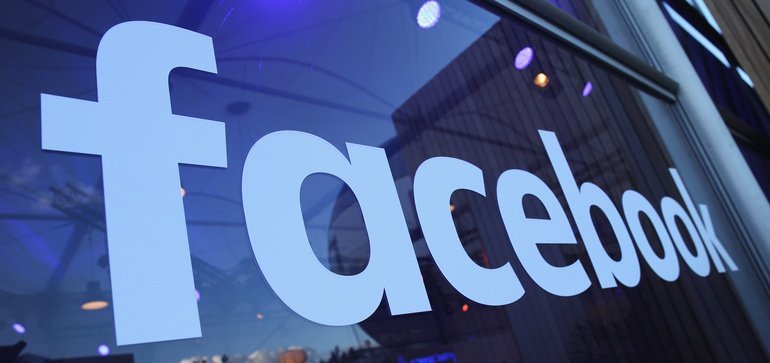SOCIAL
New Data Transfer Agreement Will Ensure That Facebook and Instagram Remain Operational in Europe

So it seems like Facebook and Instagram won’t be shut down in Europe after all.
As you may recall, early last month, there was a sudden burst of speculation around the future of Meta’s apps in Europe after Meta shared this note in an update to the SEC:
“In August 2020, we received a preliminary draft decision from the Irish Data Protection Commission (IDPC) that preliminarily concluded that Meta Platforms Ireland’s reliance on Standard Contractual Clauses (SCCs) in respect of European user data does not achieve compliance with the General Data Protection Regulation (GDPR) and preliminarily proposed that such transfers of user data from the European Union to the United States should therefore be suspended. If a new transatlantic data transfer framework is not adopted and we are unable to continue to rely on SCCs or rely upon other alternative means of data transfers from Europe to the United States, we will likely be unable to offer a number of our most significant products and services, including Facebook and Instagram, in Europe.”
As we noted at the time, this is not new – the EU privacy regulator sent Meta a preliminary order back in 2020 ordering the suspension of data transfers to the US, in line with GDPR provisions. Meta’s been working towards a solution ever since, but it noted this in its SEC guidance (which it had also noted in several of its SEC notes previously) to ensure full transparency on risk.
But this time, maybe due to the wording, reporting ramped up, and Meta was forced to issue an official response, saying that it has “no desire to withdraw from Europe”
Now, it seems like it will be a non-issue anyway, with the President of the EU Commission announcing that a new, preliminary agreement on transatlantic data flows has been established in the US.
Pleased that we found an agreement in principle on a new framework for transatlantic data flows.
It will enable predictable and trustworthy ???????????????? data flows, balancing security, the right to privacy and data protection.
This is another step in strengthening our partnership. pic.twitter.com/7Y0wslR7Go
— Ursula von der Leyen (@vonderleyen) March 25, 2022
So all that panic was for nothing – though there was, of course, a risk that Meta could have been cut off, and that its services could have been removed from the EU, if such an agreement could not be reached.
Then again, the coverage at the time suggested that many Europeans were not overly phased by the concept of a Facebook-free world, with many seemingly welcoming the change, if it were to come.
As reported by Bloomberg:
“After being hacked I’ve lived without Facebook and Twitter for four years and life has been fantastic,” German Economy Minister Robert Habeck told reporters at an event alongside French Finance Minister Bruno Le Maire in Paris on Monday. “I can confirm that life is very good without Facebook and that we would live very well without Facebook,” Le Maire added.”
In some ways, it would be interesting to see what things are like without Facebook and Instagram, as a measure of their true impact. But then again, many people are now reliant on these services, both for business and personal needs, so there would be negative consequences along with the perceived, theoretical benefits.
It’s all academic anyway, because it seems like Facebook will remain online for Europeans for the foreseeable future as this new agreement is put in place.
Europeans, you can either relax, or lament what could have been, dependent on your perspective.


















You must be logged in to post a comment Login